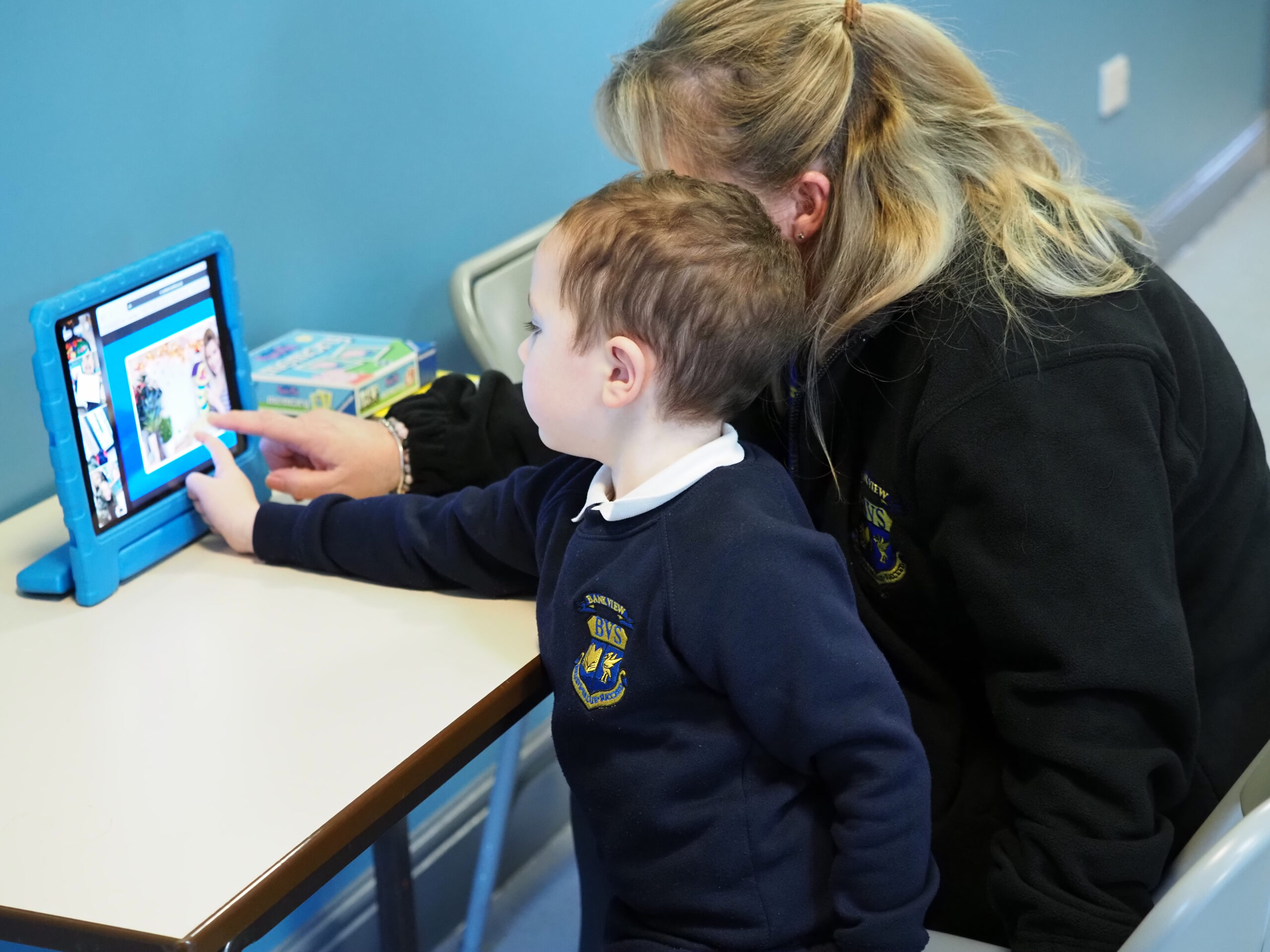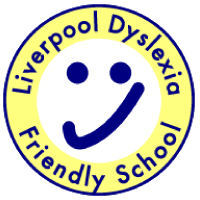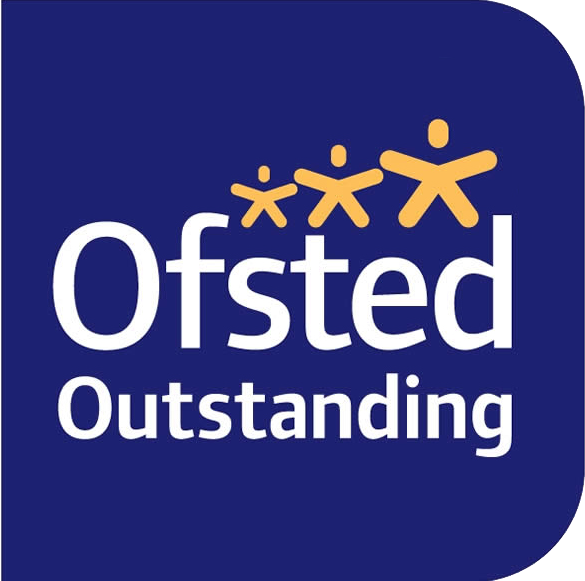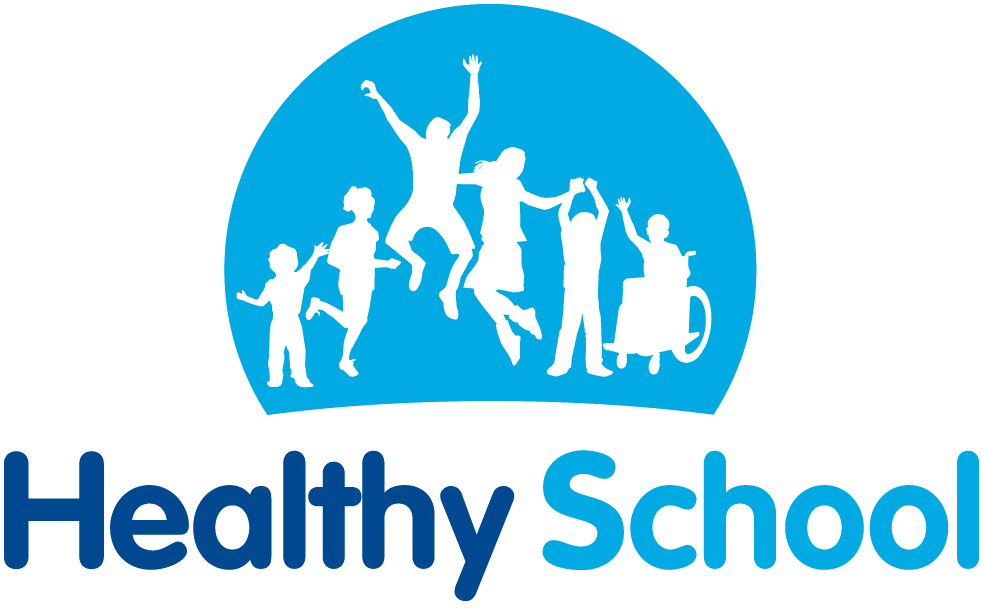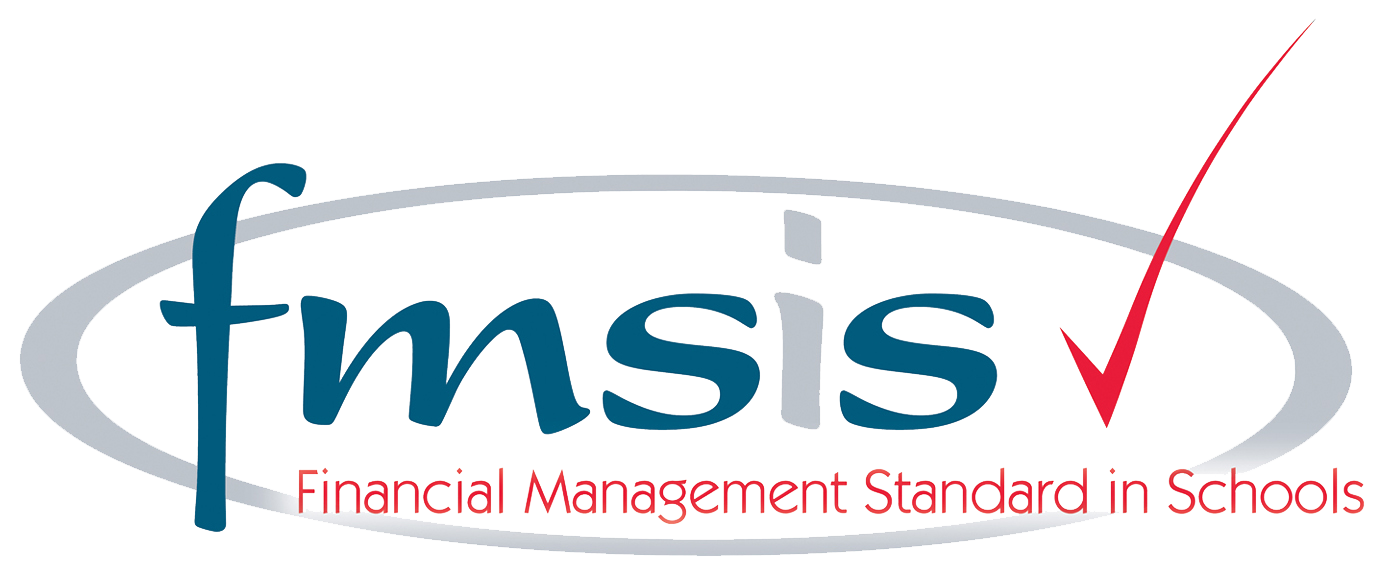Vision
Technology is changing the lives of everyone. Through teaching Computing, we equip children to participate in a rapidly-changing world where work and leisure activities are increasingly transformed by technology. We intend to enable children to find, explore, analyse, exchange and present information. We also focus on developing the skills necessary for children to be able to use information in a discriminating and effective way. We want children to know more, remember more and understand more about computing so that they leave primary school computer-literate. To do this children learn to use and develop their ideas through ICT for example writing and presenting as well as exploring art and design using multimedia. Children are taught to design, write and debug programs and can use their coding skills to make their own interactive stories, games and computer-generated art. Children are faced with more difficult programming challenges as their skillset progresses. Online Safety is an important part of computing and has days dedicated to it such as Internet Safety Day plus extra sessions are taught to ensure the importance of E-Safety. We want our children to have no limits to what their ambitions are and grow up wanting to be software engineers, video game designers, YouTubers, web developers or IT consultants.
Intent
We follow a progressive programme of study, where children meet and develop a range of skills that are built upon year after year. Starting in EYFS, pupils meet basic programming of algorithms the following skills are then covered: word processing, internet safety, internet research, animation, online safety, coding and debugging, filmmaking, spreadsheets and using and applying data.
Implementation
Computing is taught in discrete lessons as well as being linked to cross-curricular subjects by individual class teachers. In this way, children gain confidence using our equipment. This might be accessing the internet, using a range of software packages, programming, Scratch, or using an iPad. Children meet new vocabulary that becomes more familiar as they progress through school and revisit prior learning. Class teachers link computing to topics and plan creative outcomes for units of work that embrace technology. In the EYFS, we equip our children to participate in a rapidly changing world which is transformed by technology. They will develop the skills necessary to explore, analyse, exchange and present information in a safe way.
Impact
This is an ever-evolving subject. Children are genuinely excited to meet, use and try new technology. They are confident in this subject and our teaching gives them a chance to see possibilities beyond how they have used technology outside of school.
If children are keeping up with the curriculum outcomes, they are deemed to be making good or better progress. In addition, we measure the impact of our curriculum through a reflection on standards achieved against the planned outcomes; a celebration of learning for each term which demonstrates progression across the school; assessment of the skills and knowledge with our domain sheets and pupil discussions about their learning. Teachers recap on previous learning through questions at the beginning of a new unit of work; know more remember more. New learning is continually revisited by the teachers to embed.
